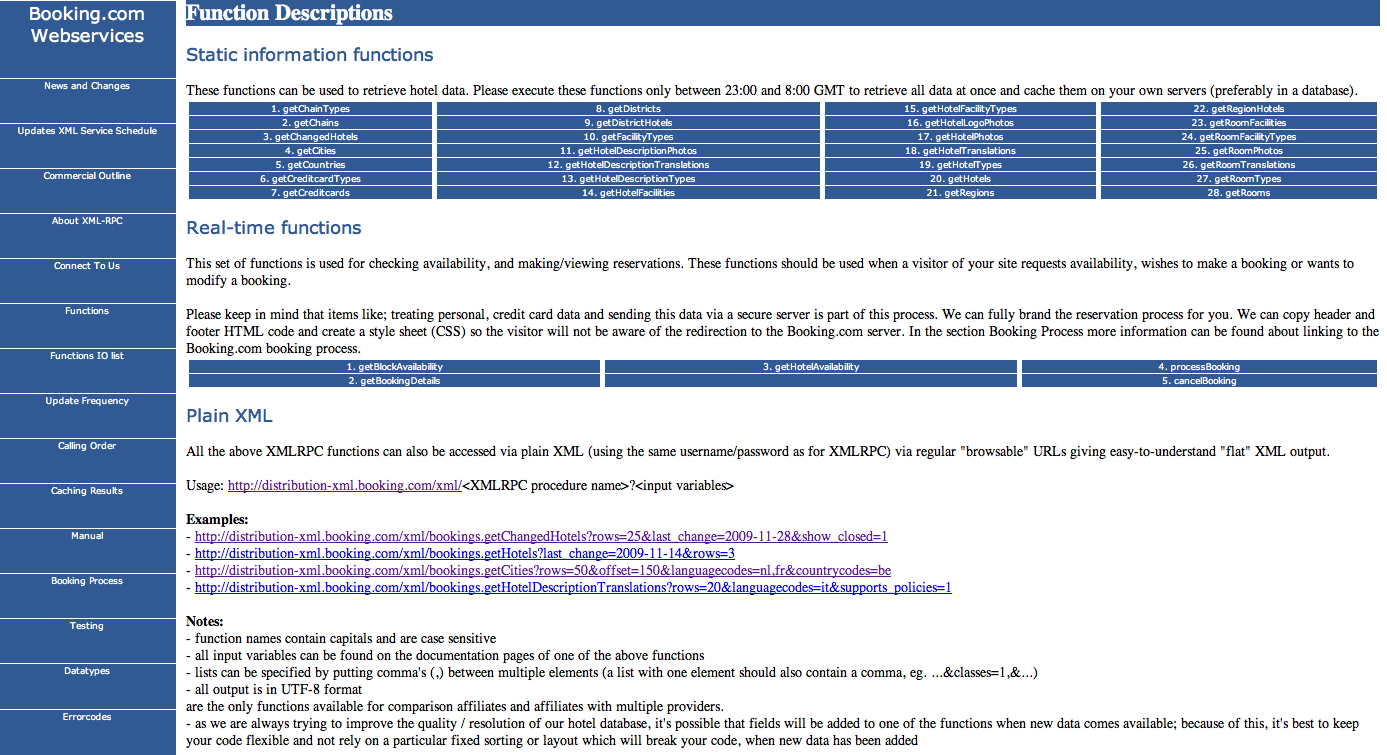

Like many cloud service providers, Microsoft implements throttling on API calls in order to ensure a high quality of service. Beware of any vendor that may not have a similar practice, as it would be an inherent risk to the ability to protect and recover your data. We simply do not use beta APIs in production because of that risk. Unlike what I said above, beta APIs can break standard policy (i.e., a signature change) or quite possibly go away completely with little notice or even no notice at all.
PEEK COM API CODE
Microsoft’s beta APIs, as is the case with all pre-release code and functionality, come with inherent risk.

However, we will not sacrifice stability and reliability for speed. As an example, we were proud to be the first to market with support for native Microsoft Teams backup last year. Datto, being a strategic partner to Microsoft, regularly leverages beta APIs to design and build new features for our partners and end customers as quickly as possible.

For example, we may regularly receive a specific string value that changes, or we receive different error codes from the same exact calls. However, the results returned from the API calls can (and do) change without notice. The signature of the APIs doesn’t change, as that is a standard developer policy. APIs are changing what they return: We’re observing that Microsoft API behavior is changing on a fairly regular basis.There are two API situations that I’d like to highlight: We’re accelerating the transition on an as-needed basis since some service-specific legacy APIs have hard end of life (EOL) dates. We are aware of all service-specific API retirement dates and are staying well ahead of each and every one of those. We’ve been rapidly migrating to Graph and all of our new development is done in Graph. The Microsoft APIs are going through a transition from service-specific (e.g., Exchange Online, SharePoint, OneDrive) legacy APIs to the Graph API. Although, many of these same topics similarly apply to Google Workspace. While we support both Microsoft 365 and Google Workspace, I’m going to focus on M365 specifically because it represents an increasing majority of our customer base. In this blog post, I’ll highlight some of the recent challenges we’ve encountered, the actions we’ve taken, and our plans for the future to provide best-in-class service to protect SaaS workloads. We’re an agile organization that is continually adapting and making incremental improvements. The past year has tested all of us in these key areas. Even for companies like Microsoft and Google who operate at hyper-scale, this accelerated growth can create issues.ĭatto specializes in data protection, which means quality, reliability, and resilience are at the forefront of our engineering priorities. Oftentimes with rapid growth comes significant change and occasionally instability as well. Datto’s SaaS Protection service protects SaaS offerings such as Microsoft 365 and Google Workspace (formerly G Suite). We all know that the move to cloud infrastructure and cloud-hosted services has been increasing rapidly for a long time-and the pandemic has only accelerated that growth.


 0 kommentar(er)
0 kommentar(er)
